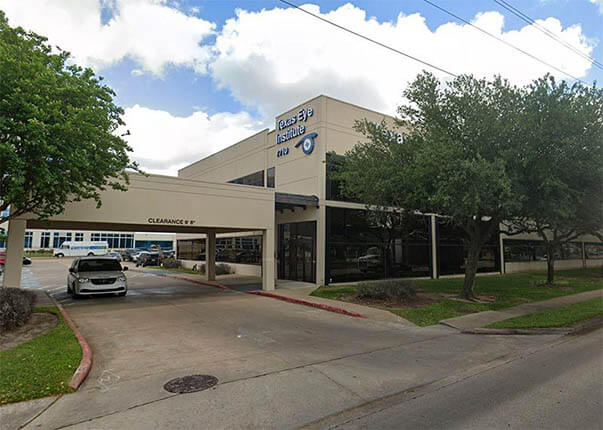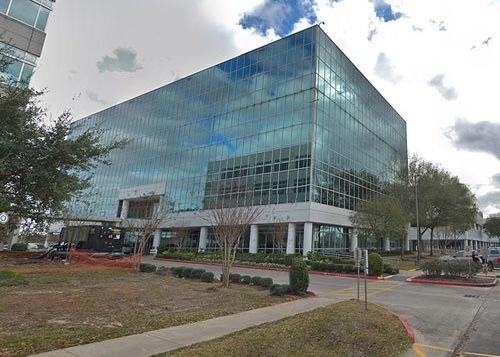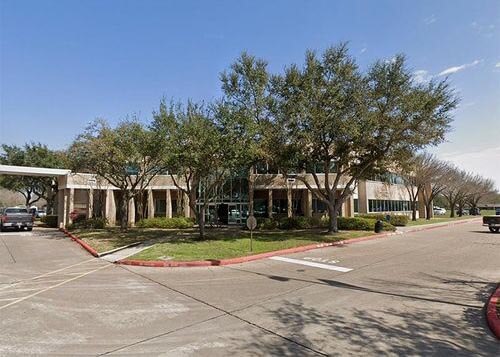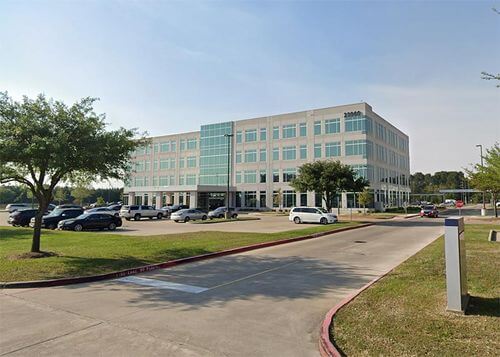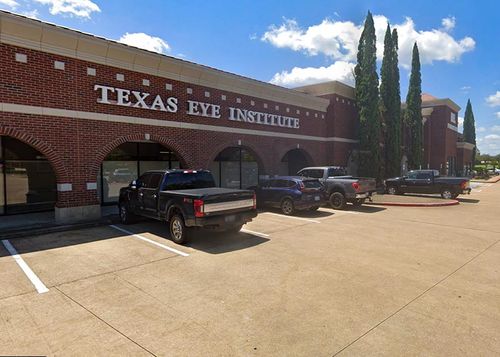You have the right to receive a “Good Faith Estimate” explaining how much your health care will cost.
Under the law, health care providers need to give patients who don’t have certain types of health care coverage or who are not using certain types of health care coverage an estimate of their bill for health care items and services requested before those items or services are scheduled or provided.
- You have the right to receive a Good Faith Estimate for the total expected cost of any health care items or services upon request or when scheduling such items or services. This includes related costs like medical tests, prescription drugs, equipment, and hospital fees.
- This Good Faith Estimate shows the costs of items and services that are reasonably expected for your health care needs for an item or service. The estimate is based on information known at the time the estimate was created. The Good Faith Estimate does not include any unknown or unexpected costs that may arise during treatment. You could be charged more if complications or special circumstances occur.
- If you schedule a health care item or service at least 3 business days in advance, make sure your health care provider or facility gives you a Good Faith Estimate in writing within 1 business day after scheduling. If you schedule a health care item or service at least 10 business days in advance, make sure your health care provider or facility gives you a Good Faith Estimate in writing within 3 business days after scheduling. You can also ask any health care provider or facility for a Good Faith Estimate before you schedule an item or service. If you do, make sure the healthcare provider or facility gives you a Good Faith Estimate in writing within 3 business days after you ask. The Good Faith Estimate can be mailed to you or emailed to you.
- If you receive a bill that is at least $400 more for any provider or facility than your Good Faith Estimate from that provider or facility, you can dispute the bill. You may contact the health care provider or facility listed to let them know the billed charges are higher than the Good Faith Estimate. You can ask them to update the bill to match the Good Faith Estimate, ask to negotiate the bill, or ask if there is financial assistance available.
- You may also start a dispute resolution process with the U.S. Department of Health and Human Services (HHS). If you choose to use the dispute resolution process, you must start the dispute process within 120 calendar days (about 4 months) of the date on the original bill. If you dispute your bill, the provider or facility cannot move the bill for the disputed item or service into collection or threaten to do so, or if the bill has already moved into collection, the provider or facility has to cease collection efforts. The provider or facility must also suspend the accrual of any late fees on unpaid bill amounts until after the dispute resolution process has concluded. The provider or facility cannot take or threaten to take any retributive action against you for disputing your bill. There is a $25 fee to use the dispute process. If the Selected Dispute Resolution (SDR) entity reviewing your dispute agrees with you, you will have to pay the price on this Good Faith Estimate, reduced by the $25 fee. If the SDR entity disagrees with you and agrees with the health care provider or facility, you will have to pay the higher amount.
- Make sure to save a copy or picture of your Good Faith Estimate and the bill.
For questions or more information about your right to a Good Faith Estimate, visit www.cms.gov/nosurprises/consumers, email [email protected], or call 1-800-985-3059.
